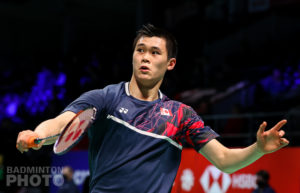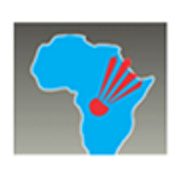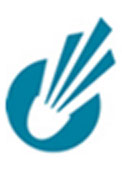Text by BWF
Going into the Pan Am Championships 2021 in Guatemala (28 April to 2 May), Brian Yang and Jason Anthony Ho-Shue were in a dead heat for the men’s singles place at Tokyo 2020.
Yang was ranked behind Ho-Shue, and knew he had to do better than his compatriot at the continental championships. As it turned out, both reached the final, and it was a virtual shootout for the qualifying spot to Tokyo 2020. With Yang leading 21-13 18-10, Ho-Shue retired with injury, and Yang had his first Pan Am Championships crown and sufficient points to overtake his compatriot in the Race to Tokyo.
In this interview with BWF, the 19-year-old Canadian talks about his joy of making the cut, and his preparations in the run-up to the Olympics.
Part 1 of a two-part interview:
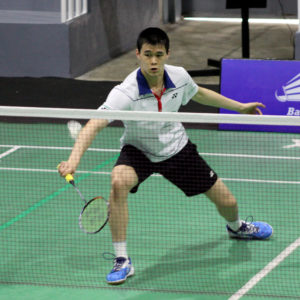
What did it mean for you to qualify for your first Olympics?
It meant so much to me, especially since it was the last Olympic qualifying event, and there were a lot of points up for grabs, so doing well was essential if I had to qualify. Jason was ahead of me and I needed to make at least one round past him to surpass him. Both of us were in the final and I knew I had to beat him, and I managed to pull through.
With the Olympic spot at stake, what were you telling yourself on the eve of the final?
After the semifinals, I was relieved that I had made it to the final. But once I started focussing on the final, it was a mixture of nervousness and excitement, because I hadn’t played him in a tournament in a long time. I just knew that this was the final chance for me to show him what I’ve got. So I gave it my all and ended up with the win. So it was like a double victory, winning the Pan Am and qualifying for Tokyo.
All your focus now would be on Tokyo. What’s your training schedule like?
The format is the same as before. I train twice a day on weekdays and once a day on weekends. But now my coach is focussing on my fitness and my endurance and consistency. Just so that I can last as long as possible against the top players in Tokyo, because the longer I’m on court, the more rallies I can get, the more experience I can get. It’s just about maximising what I can take from Tokyo, instead of just producing good results.
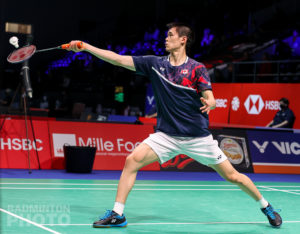 Are you able to shut out the noise about the pandemic, about the uncertainties? Or does it still creep in?
Are you able to shut out the noise about the pandemic, about the uncertainties? Or does it still creep in?
Actually, I’m not super concerned about getting COVID, or cases rising in certain countries and stuff. I don’t really pay attention to that kind of stuff. I know some people who are checking the number of cases every day. Right now all I can do is hope that it still happens, and I can go and play. I can’t really control whether the cases go up or down.
Apart from your on-court and off-court training, are you also doing anything on the mental side, like working with a psychologist?
I was working with a mental coach during the pandemic and it’s helped a lot. The mental aspect of my game is usually the most inconsistent and it could be the most lacking sometimes, so it’s definitely gotten a lot stronger since working with my mental coach, so I’m glad that I managed to do that.
You’ve shot up the ranks in quick time. How long has it been a goal for you to make Tokyo 2020?
I actually didn’t decide to try to make the Olympics in Tokyo until late 2018 to early 2019. So it’s pretty late, and when I was younger I initially was trying to make the 2024 as my first one, but then I realised in 2019 that I could make Tokyo 2020, so I decided to commit to that. It put me in a bad position at first because I hadn’t played too much internationally and my ranking was low, so I had to start with smaller tournaments and playing qualifications and stuff, but that made the journey more precious for me because I had started at a disadvantage.
